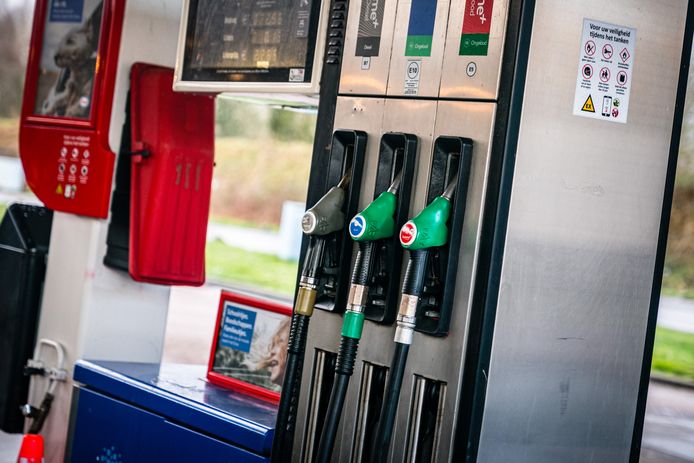The cabinet will reduce excise duties on fuel from 1 April. Yesterday the plan was still on the table to do this from 1 July, but it appears to be possible even earlier. The VAT on the energy bill will also be reduced, but the change will take effect on 1 July. This is reported by the cabinet.
The reductions will apply until the end of the year. All in all, the cabinet is earmarking billions to mitigate the purchasing power boom following high inflation and the Russian invasion of Ukraine. In addition to intervening on VAT and excise duties, people with the lowest income can immediately count on compensation from the government.
About 200 euros had already been set aside for more than 800,000 households with an income at or just above the social minimum to help them pay the sharply increased energy bill. That amount will be increased to a minimum of 800 euros. “So that people can be helped as quickly as possible to be able to bear the energy bill,” said Minister Karien van Gennip (Social Affairs) just now.
It is also being examined whether poorly insulated homes can be tackled more quickly. This involves 160 million euros. “So that they have lower heating costs next winter.”
With the package of measures, the cabinet also hopes to accommodate people with a middle income, although priority is given to the lowest income group. Or is that not too little? Van Gennip: ,,These are huge amounts and this will really help families with the lowest incomes. But we are really getting poorer as a country, because we import a lot of energy. But we cannot compensate for everything for everyone, we can dampen the effects for middle incomes. But the strongest shoulders have to carry the heaviest burdens.”
Coalition parties want to reduce the VAT on energy bills from 21 percent to the low rate of 9 percent. All the way to 0 percent is also possible, but is considered less likely because it is very expensive.
The reduction of excise duties is equally costly. At the moment, for example, the price for petrol is still almost 0.83 euros per litre. The reduction of every cent on petrol costs 42 million euros on an annual basis. According to those involved, the excise duty on petrol will fall by 17 cents and on diesel by 11 cents.
Pure poverty
Greenpeace is disappointed with the decision to lower excise taxes on fuel. Faiza Oulahsen, head of Climate and Energy at Greenpeace Netherlands, says the decision stems from ‘pure poverty’. “Fossil fuels are the problem,” Oulahsen said. “They are the driver of the climate crisis, but also of conflict and war. And then fossil fuels will be subsidized even further by this cabinet as a solution, which is unbelievable. Meanwhile, importing Russian oil and gas is fueling Putin’s war in Ukraine.”
The environmental organization had expected more creativity from the cabinet. For example, the club would like to focus on energy saving. That would be possible through an emergency plan to insulate houses and lower public transport fares. “This general measure will not help in the long term and also harms the climate.”
Text continues below the chart.
Cost
The entire operation involves around 2.8 billion euros. The bulk can be paid from the higher income that the state has from Groningen and smaller gas fields due to the high gas price. In addition, the government could allow the national debt to increase slightly, if necessary.
The government was already worried about the declining purchasing power due to high inflation and sky-high energy prices, but the invasion of Ukraine has made the purchasing power boom even harder.
According to Minister Sigrid Kaag (Finance), it is ‘an illusion’ that everyone will continue to improve in purchasing power in the short term. “We can only mitigate the negative effects.”
Watch all our videos about politics here:
 Kanawu Radio number 1 news portal
Kanawu Radio number 1 news portal
